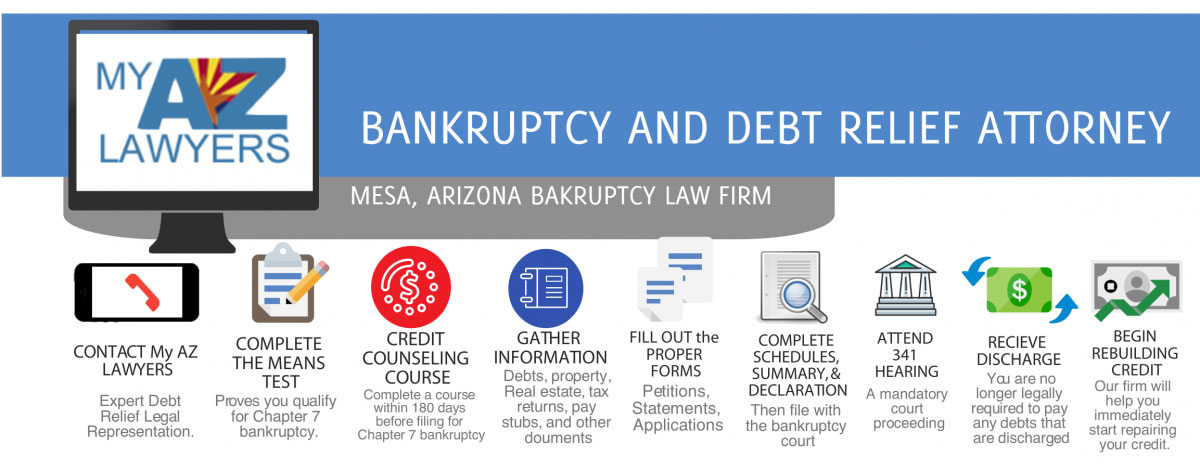Chapter 7 vs Chapter 13: Choosing the Right Path
Chapter 7 bankruptcy is designed for individuals with limited income who cannot feasibly repay their debts. This process typically involves liquidating non-exempt assets to pay creditors, though many debtors keep most or all of their property due to exemption laws. The entire process usually concludes within four to six months, providing rapid debt relief.
Chapter 13 bankruptcy serves individuals with regular income who can afford to repay a portion of their debts over time. This option allows debtors to keep their property while following a court-approved repayment plan. Chapter 13 is particularly beneficial for homeowners facing foreclosure, as it can stop the foreclosure process and allow catch-up payments to be made over the plan period.
The choice between Chapter 7 and Chapter 13 depends on various factors including income level, asset ownership, debt types, and long-term financial goals. A qualified bankruptcy attorney can evaluate your specific circumstances and recommend the most appropriate course of action.




